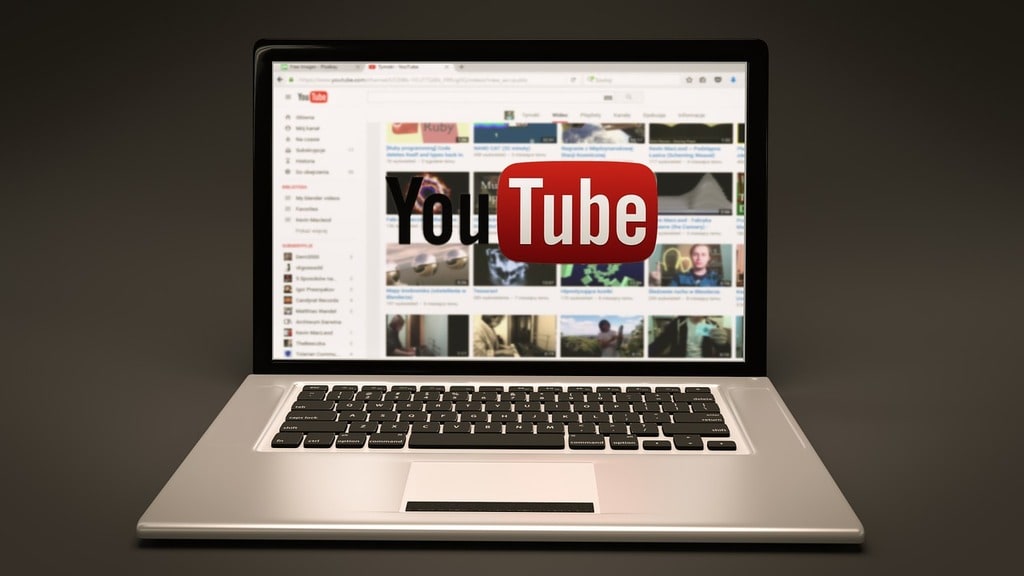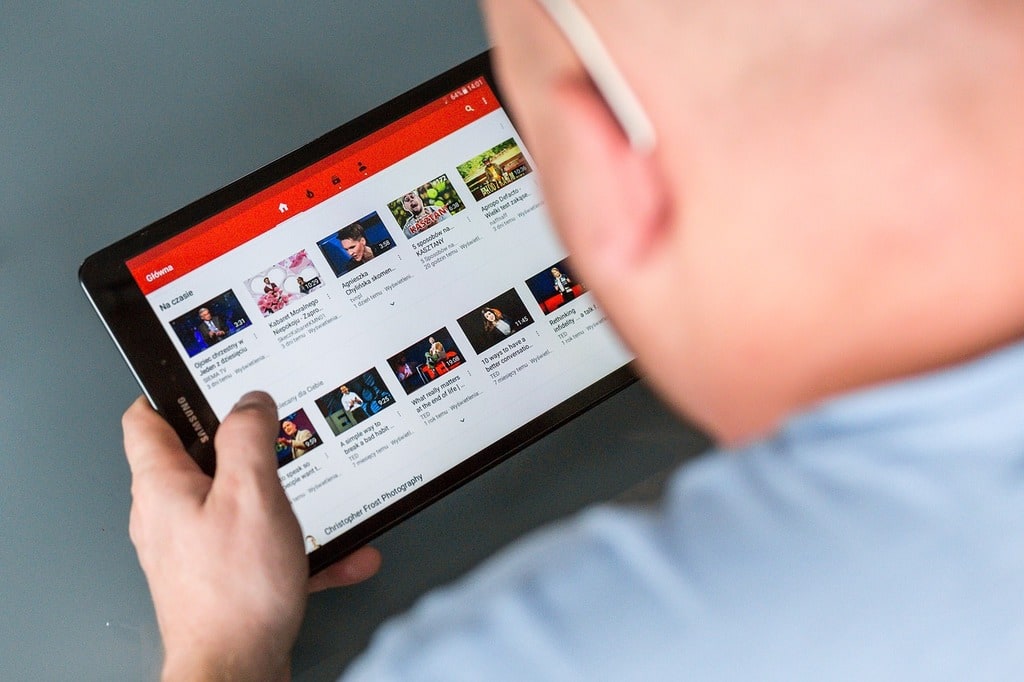The landscape of modern marketing has been radically transformed by the pervasive influence of media. From traditional advertising platforms to the rise of digital and social media, the role of media in shaping consumer behavior and brand perception has never been more significant. This article explores the multifaceted role of media in modern marketing, examining its impact on brand visibility, consumer engagement, and marketing strategies.
The Influence of Media on Modern Marketing Practices
The evolution of media has led to a paradigm shift in how brands approach marketing. In the past, marketers relied heavily on print, radio, and television to reach their audiences. Today, digital media has overtaken traditional channels, offering a more dynamic and interactive platform for engaging consumers. This shift has brought about several notable changes in marketing practices.
Enhanced Brand Visibility
Media plays a pivotal role in enhancing brand visibility. With the advent of digital platforms, brands can now reach a global audience with ease. Social media platforms like Facebook, Instagram, and Twitter provide businesses with the tools to showcase their products and services to millions of users worldwide. The use of targeted advertising and SEO techniques further amplifies a brand’s reach, ensuring that marketing messages are delivered to the right audience at the right time.

Consumer Engagement and Interaction
One of the most significant contributions of media to modern marketing is the facilitation of consumer engagement and interaction. Digital media allows for two-way communication between brands and consumers, fostering a sense of community and loyalty. Interactive content, such as polls, quizzes, and live videos, encourages consumers to participate actively, providing valuable feedback and insights to marketers. This engagement helps build a strong brand-consumer relationship, which is essential for long-term success.
Data-Driven Marketing Strategies
The availability of data through various media channels has revolutionized marketing strategies. Marketers now have access to an abundance of information about consumer behavior, preferences, and demographics. This data allows for more precise targeting and personalization of marketing campaigns. By analyzing data, brands can create tailored messages that resonate with specific segments of their audience, leading to higher conversion rates and better ROI.
Types of Media Used in Modern Marketing
Modern marketing leverages a variety of media types, each serving different purposes and offering unique advantages. Here are some of the primary media used in contemporary marketing strategies:
- Social Media: platforms like Facebook, Instagram, Twitter, and LinkedIn are essential for building brand awareness, engaging with consumers, and driving traffic to websites.
- Content Marketing: blogs, articles, videos, and infographics help educate and inform audiences, establishing brands as industry experts.
- Email Marketing: personalized email campaigns maintain direct communication with customers, promoting products, and nurturing leads.
- Search Engine Marketing (SEM): paid advertising on search engines like Google increases visibility and drives targeted traffic to websites.
- Influencer Marketing: collaborating with influencers helps brands reach new audiences through trusted voices.
- Traditional Media: television, radio, and print media still play a role in reaching certain demographics and establishing brand credibility.
The Role of Social Media in Marketing
Social media has become a cornerstone of modern marketing strategies. Its real-time nature and vast user base make it an invaluable tool for brands looking to connect with consumers. Social media platforms enable brands to humanize their image by sharing behind-the-scenes content, responding to customer inquiries, and participating in trending conversations. The use of hashtags and viral content can significantly boost a brand’s visibility and engagement.
Content Marketing and Its Importance
Content marketing focuses on creating valuable, relevant, and consistent content to attract and retain a clearly defined audience. Through blogs, articles, videos, and other forms of content, brands can provide solutions to consumer problems, establish themselves as industry thought leaders, and drive organic traffic to their websites. High-quality content not only enhances SEO efforts but also builds trust and credibility with the audience.
The Future of Media in Marketing
As technology continues to evolve, so will the role of media in marketing. Emerging trends such as artificial intelligence, virtual reality, and augmented reality are poised to reshape the marketing landscape further. AI-powered tools can analyze vast amounts of data to predict consumer behavior and optimize marketing campaigns. Virtual and augmented reality offer immersive experiences that can captivate audiences and create memorable brand interactions.
In the coming years, the integration of advanced technologies with media will enable even more personalized and engaging marketing strategies. Brands that stay ahead of these trends and leverage the full potential of media will be well-positioned to thrive in the competitive market.
The role of media in modern marketing is undeniably profound. By understanding and utilizing the various media channels available, brands can enhance their visibility, engage with consumers on a deeper level, and develop data-driven strategies that yield significant results. The continuous evolution of media promises exciting opportunities for brands to innovate and connect with their audiences in meaningful ways.


About the author